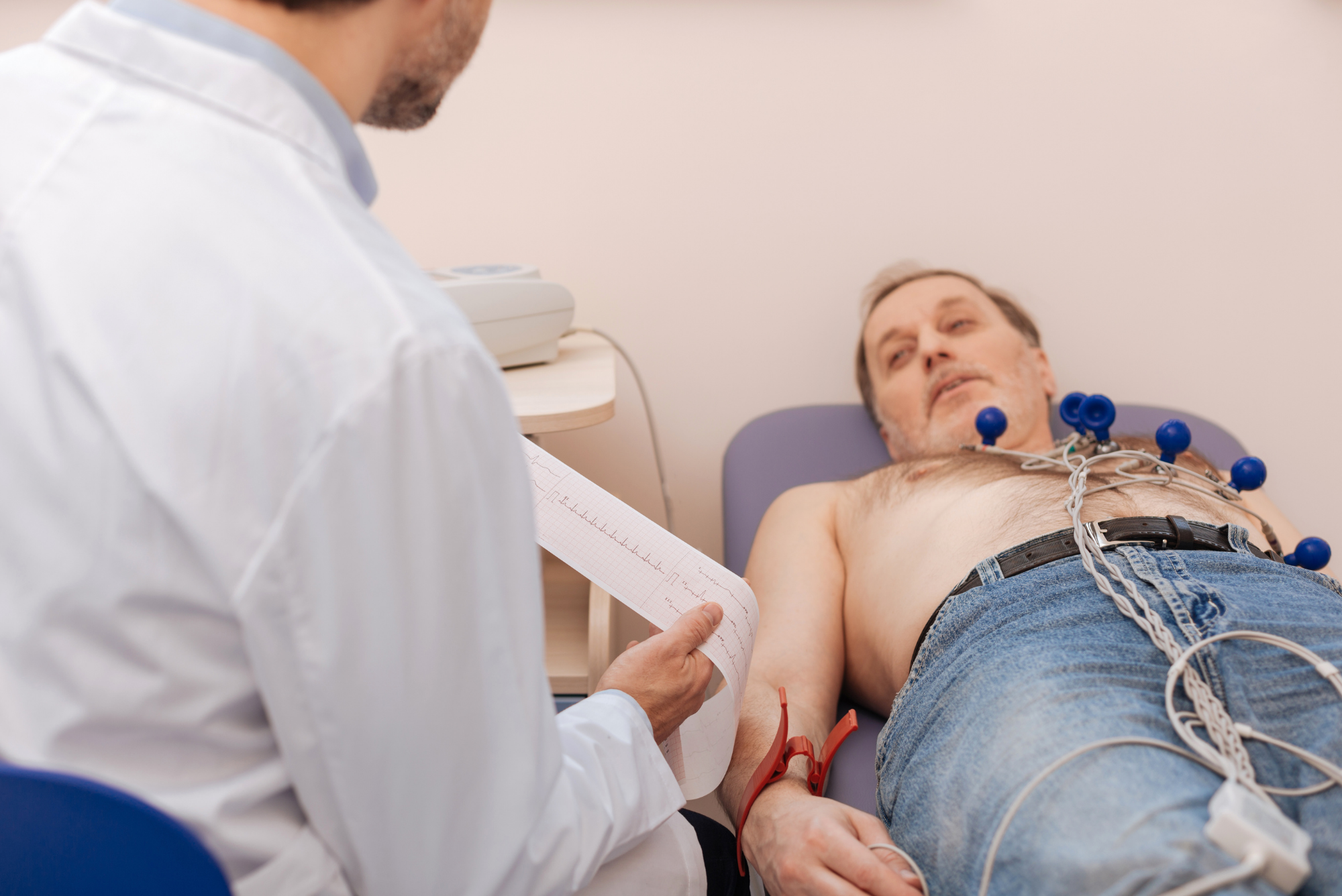
What is an ECG?
An ECG is a non-invasive test that measures the electrical activity of your heart. Electrodes placed on your chest and limbs pick up these signals, which are then amplified and recorded as wavy lines on a graph. Each wave and peak tells a story about your heart’s rhythm and function.
What can an ECG tell us?
An ECG can reveal a range of heart conditions, including:
Benefits of an ECG:
What to Expect During an ECG:
The procedure is simple and usually takes less than 15 minutes. You will lie on a comfortable table, and the technician will place electrodes on your chest, arms, and legs. The electrodes will be attached with adhesive or gel. You will be asked to lie still and breathe normally while the ECG is recorded.
Understanding Your ECG:
While the squiggles on an ECG might seem like a foreign language, your doctor can interpret them to understand your heart’s health. If you have any questions about your ECG results, be sure to ask your doctor for clarification.
ECG: A valuable tool for heart health
An ECG is a powerful tool that helps doctors understand the electrical language of your heart. It can be used to diagnose heart conditions, monitor treatment progress, and prevent future complications. By providing early insights, ECGs play a crucial role in maintaining your heart health.
Copyright ©2023 – Plasma Medinostics. All Rights Reserved. Developed and designed by Buzzing Brands